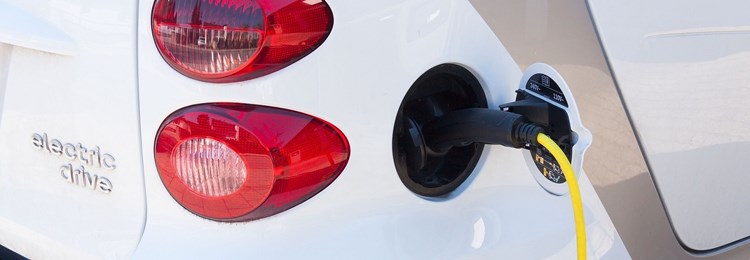
The Tesla Tax: Electric cars no longer exempt from VED from April 2025
Date: Friday 18 November 2022
Announcing the change as part of his Autumn Statement, Jeremy Hunt has said the move was designed to make the motoring tax system "fairer".
Mr Hunt said:
"Because the OBR (Office for Budget Responsibility) forecasts half of all new vehicles will be electric by 2025, to make our motoring tax system fairer I've decided that from then, electric vehicles will no longer be exempt from vehicle excise duty."
Vehicle Excise Duty (VED) is a tax levied on vehicles on UK roads. At present, EVs are exempt.
There are different rates depending on the vehicle.
Under the plans laid out, electric cars registered from April 2025 will pay the lowest rate of £10 in the first year, then move to the standard rate which is currently £165.
The standard rate will also apply to electric vehicles first registered after April 2017.
The chancellor said company car tax rates for electric vehicles will remain lower than for traditionally fuelled vehicles.
RAC head of policy Nicholas Lyes said:
"After many years of paying no car tax at all, it's probably fair the government gets owners of electric vehicles to start contributing to the upkeep of major roads from 2025.
"Vehicle excise duty rates are unlikely to be a defining reason for vehicle choice, so we don't expect this tax change to have much of an effect on dampening the demand for electric vehicles given the many other cost benefits of running one."
In another change unveiled in the Autumn Statement, the exemption for electric cars from the expensive car supplement has also been removed.
It means anyone buying a new car - electric or otherwise - priced at more than £40,000 will face having to pay £165 in tax plus a £355 expensive car supplement every year from the second to sixth year of registration.
Mike Hawes, chief executive of the Society of Motor Manufacturers and Traders, said the change to the expensive car supplement was "the sting in the tail" of the announcement, adding it "will unduly penalise these new, more expensive vehicle technologies".
